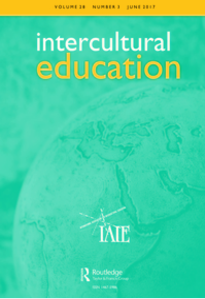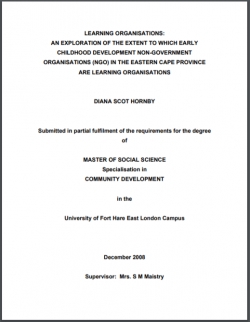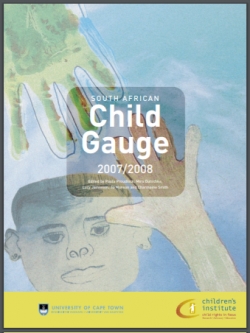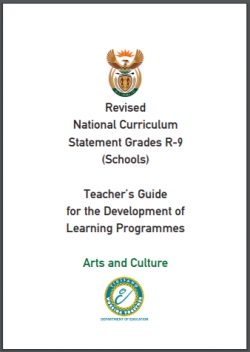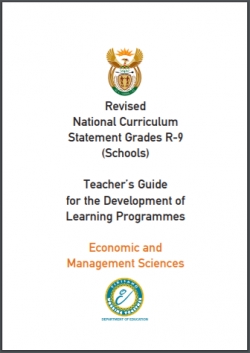Learning to live together: an exploration and analysis of managing cultural diversity in ten early childhood development centres in South Africa

Type
Thesis
Authors
Category
ECCE, Preschool
[ Browse Items ]
Publication Year
2009
Publisher
Pages
p.
Subject
Early childhood development, ECD practitioners, ECD programmes, Cultural diversity, ECD centre-based programmes, Intercultural education, Training, Practices, Challenges, Transformation, Discrimination, South Africa
Tags
Abstract
The aim of this study is to describe and explore how South African Early Childhood Development (ECD) Practitioners and families acknowledge and address the needs of the increasing number of children from diverse cultural and linguistic backgrounds in their care. The Practitioners and families were identified through ten ECD centres located in two urban communities in the Eastern and Western Cape Provinces of South Africa. In this qualitative research study, the values and attitudes held by Practitioners and families vis-a-vis cultural diversity was investigated, along with the knowledge and strategies they employ to manage cultural diversity in ECD programmes. In relation to the data collected, the intercultural education model provides the necessary tools to address the challenges that Practitioners and families face as a result of this increasing learner diversity. Furthermore, this model was used as a framework within which to analyse Practitioner training and to identify and analyse the current practices and diversity pedagogies used by Practitioners. Challenges regarding the fostering of social integration, the promotion of respect for diversity, and the prevention of racist, xenophobic and discriminatory attitudes and actions on the part of the Practitioners, children, and families, are discussed. In South Africa, apartheid has been defeated and the country has done away with profoundly discriminatory policies and practices, which prohibited interaction between people from diverse cultural backgrounds. The previously segregated education system has been unified, resulting in schools and educational centres enrolling culturally, linguistically and religiously diverse learners. This has meant that many Practitioners, themselves having learnt and taught in a monocultural context, must now be equipped to manage cultural diversity in their centres. This is not an easy task considering that South Africa remains a highly stratified society. Contemporary research has shown that the formation of prejudice starts very early in life and is more pronounced in stratified societies. Discriminatory practices in society negatively influence the construction of identity formation which has been observed in children as young as two years. As Practitioners and families play a key role in preparing children for further learning as well as impacting on their social and affective behaviour, it is proposed that a specific intercultural education programme aimed at Practitioners and families be developed to assist them with managing cultural diversity in the early years.
Description
Unpublished dissertation (DEd)--Universitat Autònoma de Barcelona, 2009
Number of Copies
1
| Library | Accession No | Call No | Copy No | Edition | Location | Availability |
|---|---|---|---|---|---|---|
| Main | 148 | 1 | Yes |
